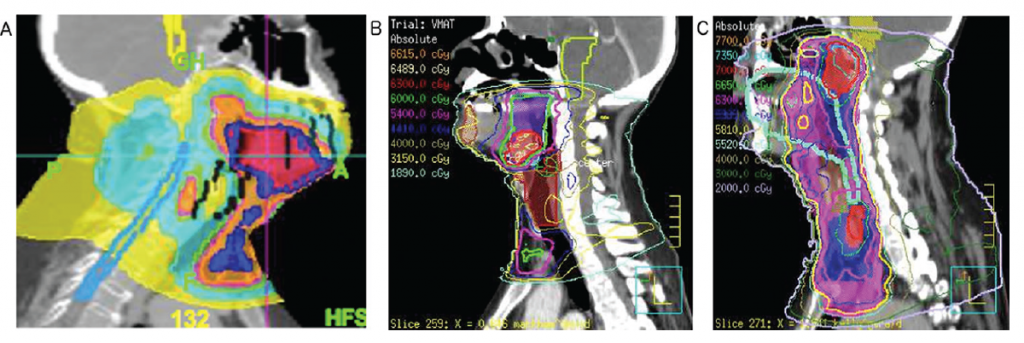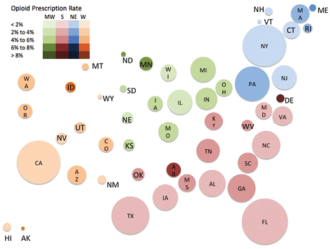A look at the cumulative effect of diagnostic steps for primary tumor identification in patients with head and neck squamous cell carcinoma of unknown primary.


A look at the cumulative effect of diagnostic steps for primary tumor identification in patients with head and neck squamous cell carcinoma of unknown primary.

The contralateral tonsil should routinely be removed in cases of suspected or known unilateral HPV+ TSCC.
Perioperative administration of oxandrolone resulted in objective improvements in prealbumin levels and subjective improvements in surgical wounds.
This particular study showed that an SUVmax ratio between tonsils >1.6 (62% sensitive, 100% specific) is highly suspicious and warrants biopsy.

In elective neck dissections for most HNSCC primary sites, level IIB nodes can be left intact, thus minimizing risk of damage to the spinal accessory nerve.

Experts at the AAO-HNS Annual Meeting in Atlanta discuss checkpoint inhibitor success and ways to overcome resistance.
A look at the impact of delays in postoperative head and neck (HN) chemoradiotherapy on survival rates.
Sex does not play a prognostic role in HPV-negative OPSCC, and there are no differences in prognosis by race among HPV-positive or HPV-negative patients.


Head and neck cancer survivors have neurocognitive sequelae up to two years after definitive chemoradiotherapy or radiation treatment.